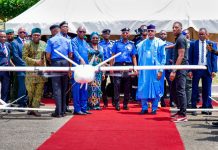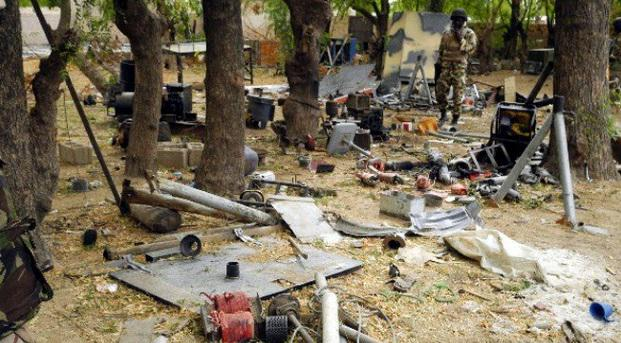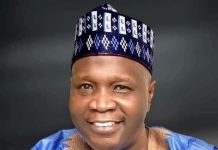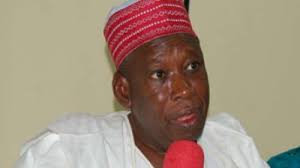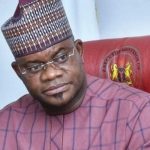…Adoption of rules and proceedings inconclusive
…Women delegates cry foul
Delegates at the on-going National Conference on Monday were sharply divided over the voting pattern and appointment of the Chairmen and vice chairmen of various proposed standing committees for the Conference.
The disagreement over the voting pattern and appointment of the heads of committees began during adoption of the proposed National conference proceedings and rules.
Some delegates argued that in order to arrive at a decision for the confab, two-third majority should be adopted in a situation whereby consensus cannot be reached by the delegates. However, there are delegate with the opinion that three quarter should be adopted in such a situation.
Order 6 rules 4 of the National Conference states that any questions proposed for decision in the conference shall be determined by consensus and when this is not achievable, it shall be by a three-quarter majority of the delegates present and voting.
Another section of the rule that elicited strong argument was Order 6 rule 6b, which states that the chairman shall, in consultation with the deputy chairman and secretary, appoint the chairmen and deputy chairmen of the committees.
But, after heated debate among the delegates, it was agreed that delegates should be allowed to appoint their chairmen and deputy chairmen of the committees rather than ceding the prerogative to the headship of the Conference.
However, delegates could not agreed on the voting pattern until they went on break and when the delegates resumed the issue was still the unresolved. They however abandoned the section and proceed to another rule.
On voting pattern, Mike Ozekhome (SAN), a Federal government delegate said the draft rule must be reviewed.
He argued that, “369 is the 3/4 of this conference is a number that is obviously humongous, elephantine and behemoth. As we go into the serious issues after adopting this rule, a lot of highly emotive, controversial issues and some demanding of primordial sentiment would prop up.
“As a federal government delegate, I will discuss from the perspective of a nationalist but there are many delegates here who are from various strata of our society that have their own issues, such as state police, which I vehemently believe in, regionalism or the form of government we are going to take, when such emotive and controversial issues arise, how do we get 75 percent or 3/4 because it is going to be very difficult if there is no consensus. In other words, such issues are dead on arrival if we have to go by this rule,” Ozekhome said.
Adding that, “If we also have to go by this 75 percent rule, it means we are going to have a tyrannical minority if 74 percent if the delegates vote on an issue and the 26 percent voted against but can’t carry through because we have not attained the 75 percent mark.
“The result is that the 26 percent that voted against has actually won. So my suggestion is that we should tow the line of parliamentary standard across the world by adopting 2/3 majority,” he argued.
Similarly, women delegates to the conference women complained of marginalization during the plenary session, lamenting that rules and proceedings of Conference only address men.
Monday’s adoption of rules and proceedings of the National Conference was inconclusive as debate on adoption of rules and proceedings would continue Tuesday.
Meanwhile, the Secretariat of the National Conference had proposed 20 standing committees at the ongoing National conference.
The committees are, committee on Devolution of Power, committee on political restructuring and form of government, committee on National Conference, committee on Environment, Committee on Politics and Governance, Committee on Law, Judiciary, Human Right and Legal Reform.
Also, Committee on Social Welfare, Committee on Transport, Committee on Agriculture, Committee on Science and Technology and Development, Committee on Civil, Society, Labour and Sports, Committees on Public Service, Committee on Electoral Matters, Committee on Foreign Affairs and Diaspora Matters.
Others are; Committee on Land Tenure Matters and National Boundary, Committee on Trade and Investment, Committee on Energy, Committee on Religion, Committee on Public Finance and Revenue Generation and Committee on Immigration.


